The First 90 Days – Sign Up here to begin this free course
The First 90 Days
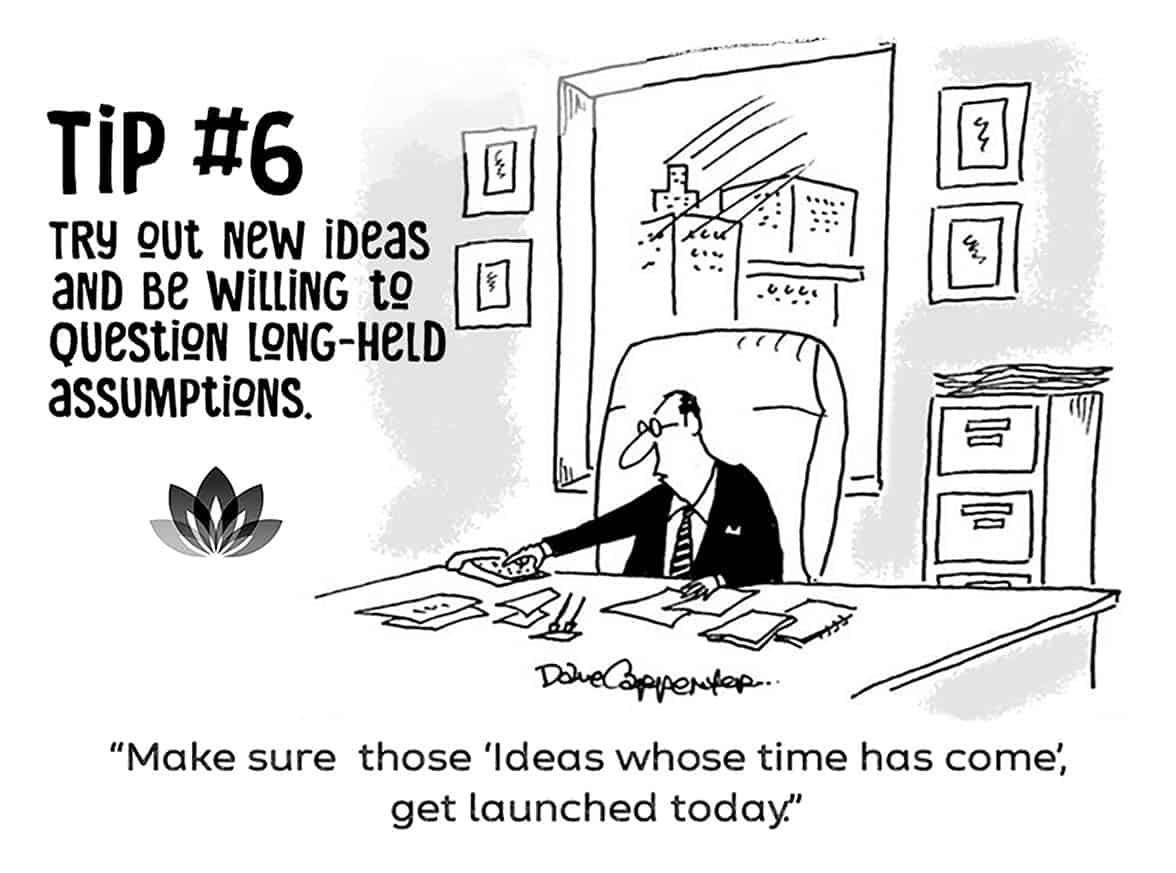
Agility is the ability to anticipate and respond rapidly to changing conditions.
Agile individuals strategically and proactively embrace change. They can examine situations from many perspectives and anticipate the need for change before it is imposed. The agile physician leader is willing to question long-held assumptions. Should your system – a well-planned process consisting of a collection of objects and actions that function as a whole – be scrutinized or threatened, what thoughts come to mind? My clients state, “I don’t have time to do it differently” or “This is the way I always do it and it’s always been successful” as immediate thoughts when challenges arise because denial and resistance are the normal initial responses (phases) of change. But getting stuck in “the way we’ve always done it” is the enemy of agility. The other stages of change – exploration and new beginnings – encourage you to learn from your experience to brainstorm possible approaches in dealing with change.
Agile individuals are willing to detach from past beliefs to instead explore or be open to the new possibilities that change may bring.
Because personal agility is becoming an increasingly more critical self-management skill, how comfortable are you with change and ambiguity, or readily shifting gears? How would you rate yourself at being able to make decisions and take action even when all the information is not yet available, or the total picture is fuzzy at best? To assess your personal agility, complete a brief agility assessment. Read each statement and determine how frequently you perform the action or demonstrate the behaviors that make for an agile physician leader. Rate your actions and behavior on a scale of 1 to 5 (1 = Always; 5 = Never), CLICK HERE to download.
Tip #6 – Try out a new idea and be willing to question a long-held assumption.
Strategy – Operate out of your comfort zone.
Teresa Dean Malcolm, MD, FACOG, MBA, CPE, CPXP, is zealous in her belief that an exceptional experience in clinical care, the human(e) experience, is achievable through meaningful and authentic relationships with others. She has served in executive positions, integrating people with process and purpose, and successfully aligning the ideas of the team with a compelling vision. Her coaching philosophy, The Malcolm Method, is rooted in trust and supportive accountability. Through thought-provoking conversations, she strives to deepen the awareness of her physician clients and further their actions, thereby helping them to thrive as they lead. Dr. Malcolm (known to her friends and family as Terri) is a loving wife to her husband, Nate. Together they have three charming and athletic boys, Nathaniel, and twins, Roman and Colton.
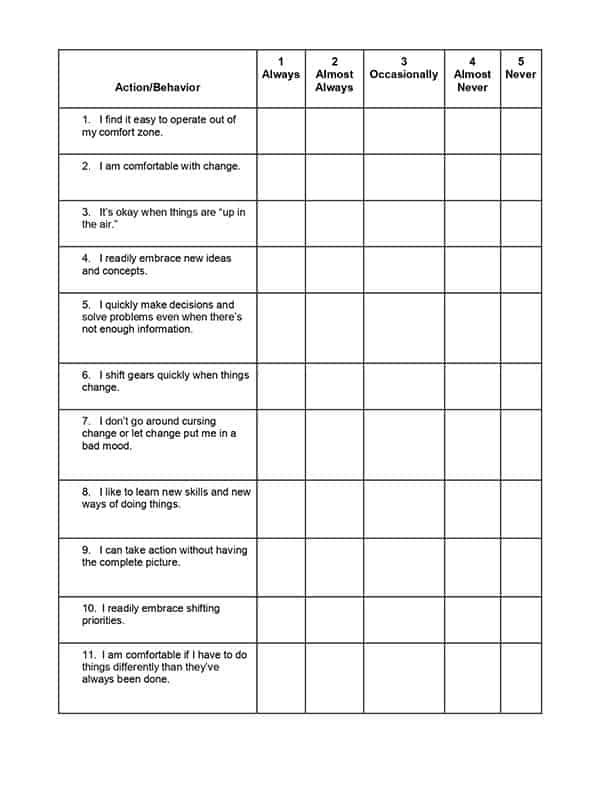
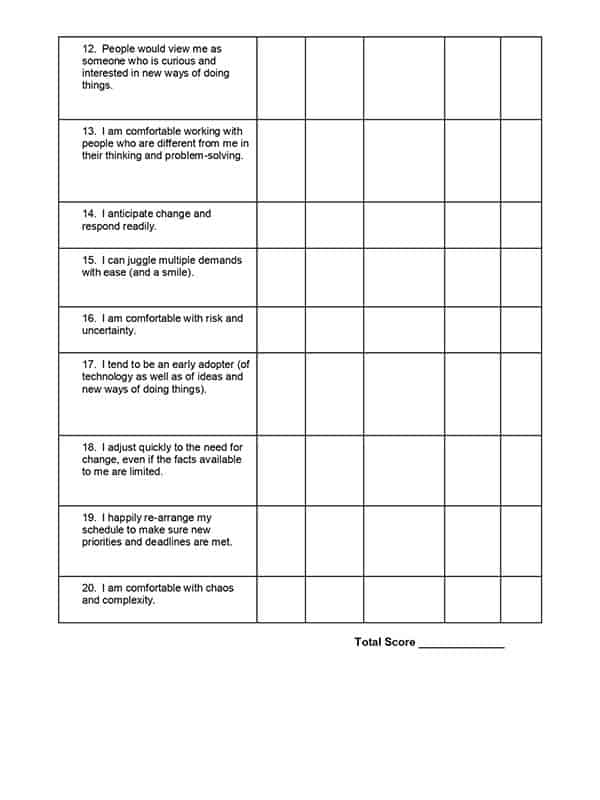
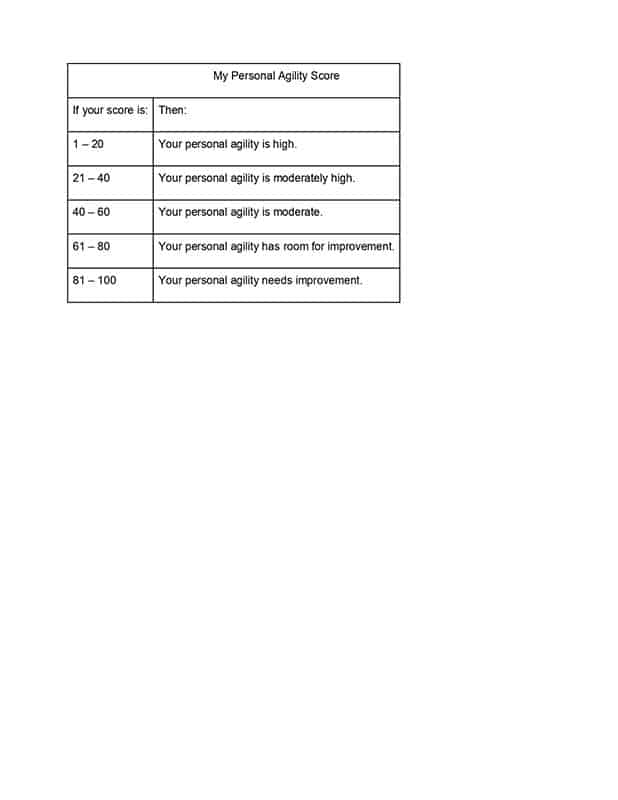

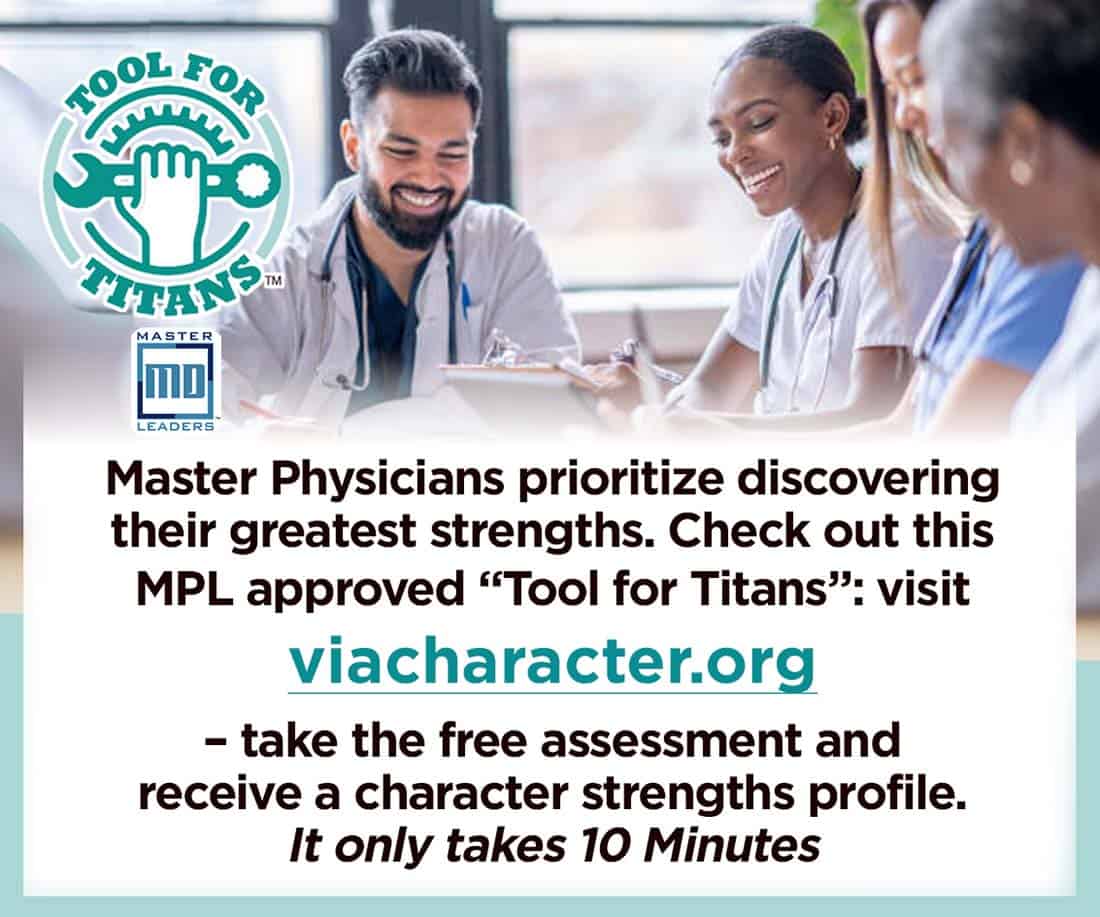

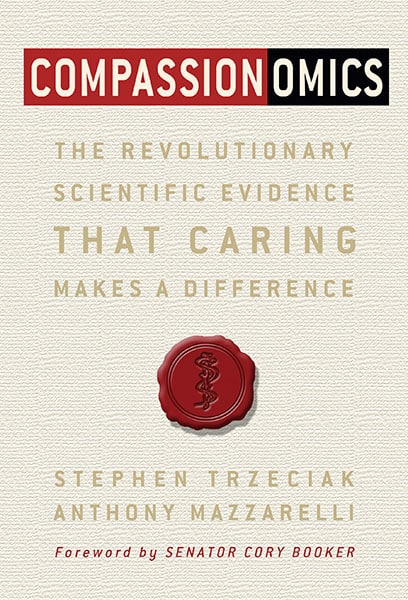
Great content! Super high-quality! Keep it up! 🙂
Thank you for the kind comments!:) Glad you liked this one. And I apologize for the delayed response. There was a technical issue that is now corrected. Whew!